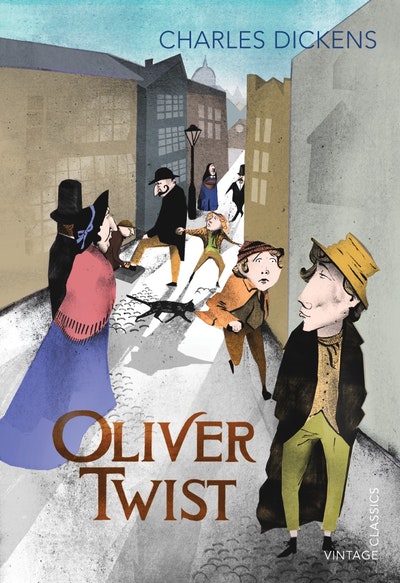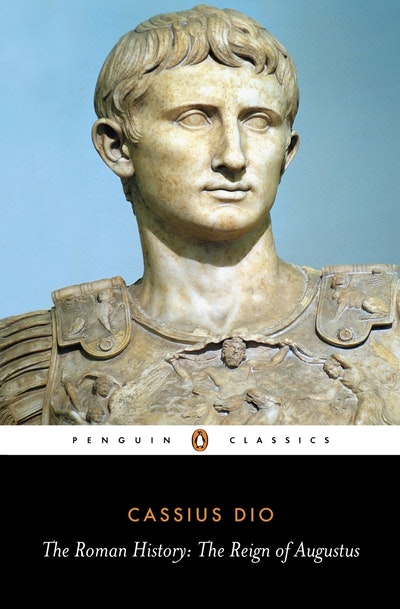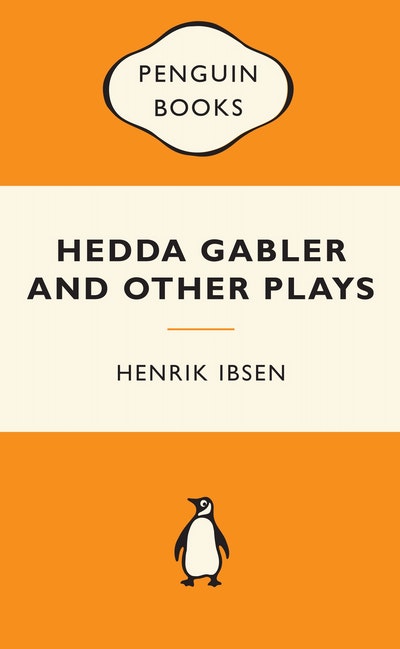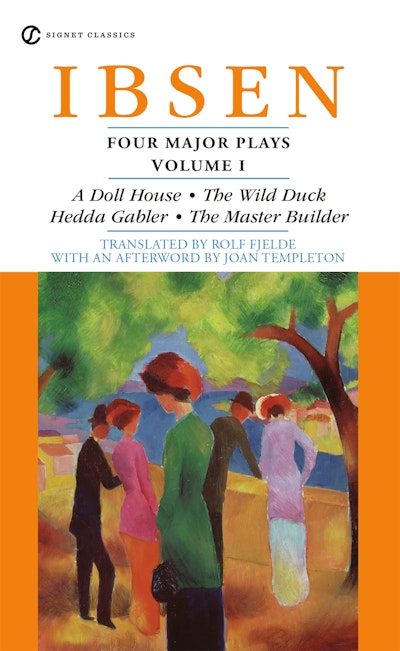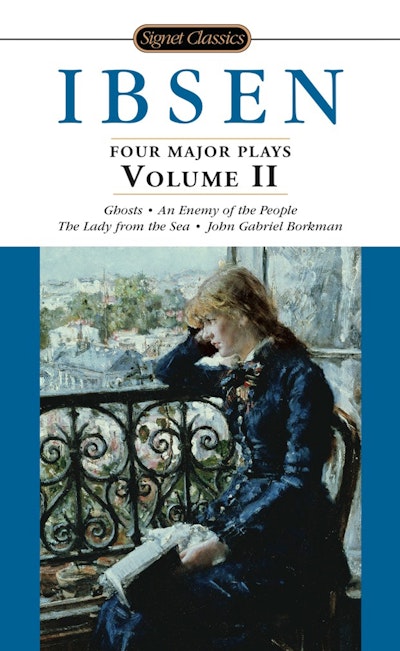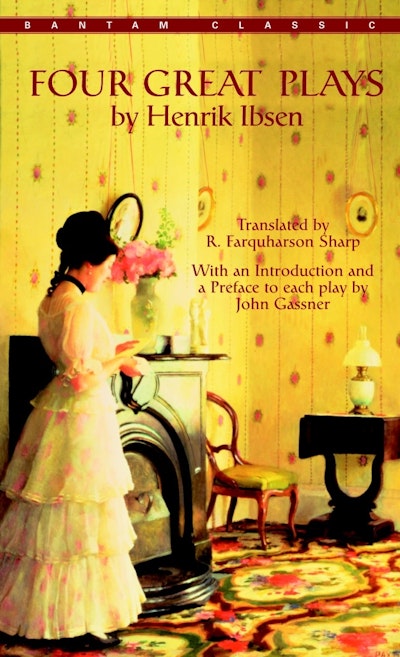- Published: 19 November 2014
- ISBN: 9780141194592
- Imprint: Penguin Classics
- Format: Paperback
- Pages: 368
- RRP: $39.99
The Master Builder and Other Plays
Ibsen's greatest late plays in superb modern translations, part of the new Penguin Ibsen series
This volume includes The Master Builder, Little Eyolf, John Gabriel Borkman and When We Dead Awaken - Ibsen's last four plays, written when he was an old man and had recently returned to Oslo after decades of self-imposed exile. In The Master Builder, a married, middle-aged architect whose best years are behind him becomes bewitched by a strange young woman who claims to have known him for years. The sudden death of a child in Little Eyolf is the catalyst that drives his parents into a greater understanding of themselves and their flawed marriage. In John Gabriel Borkman, a banker recently released from prison must choose between his wife and her sister, his first true love. And in When We Dead Awaken, a sculptor on holiday with his wife is reunited with his first love - the woman who inspired his greatest art.
- Published: 19 November 2014
- ISBN: 9780141194592
- Imprint: Penguin Classics
- Format: Paperback
- Pages: 368
- RRP: $39.99





































































































































































































































